What helps us learn
Jenni Howard, Assistant Principal – Teaching & Learning
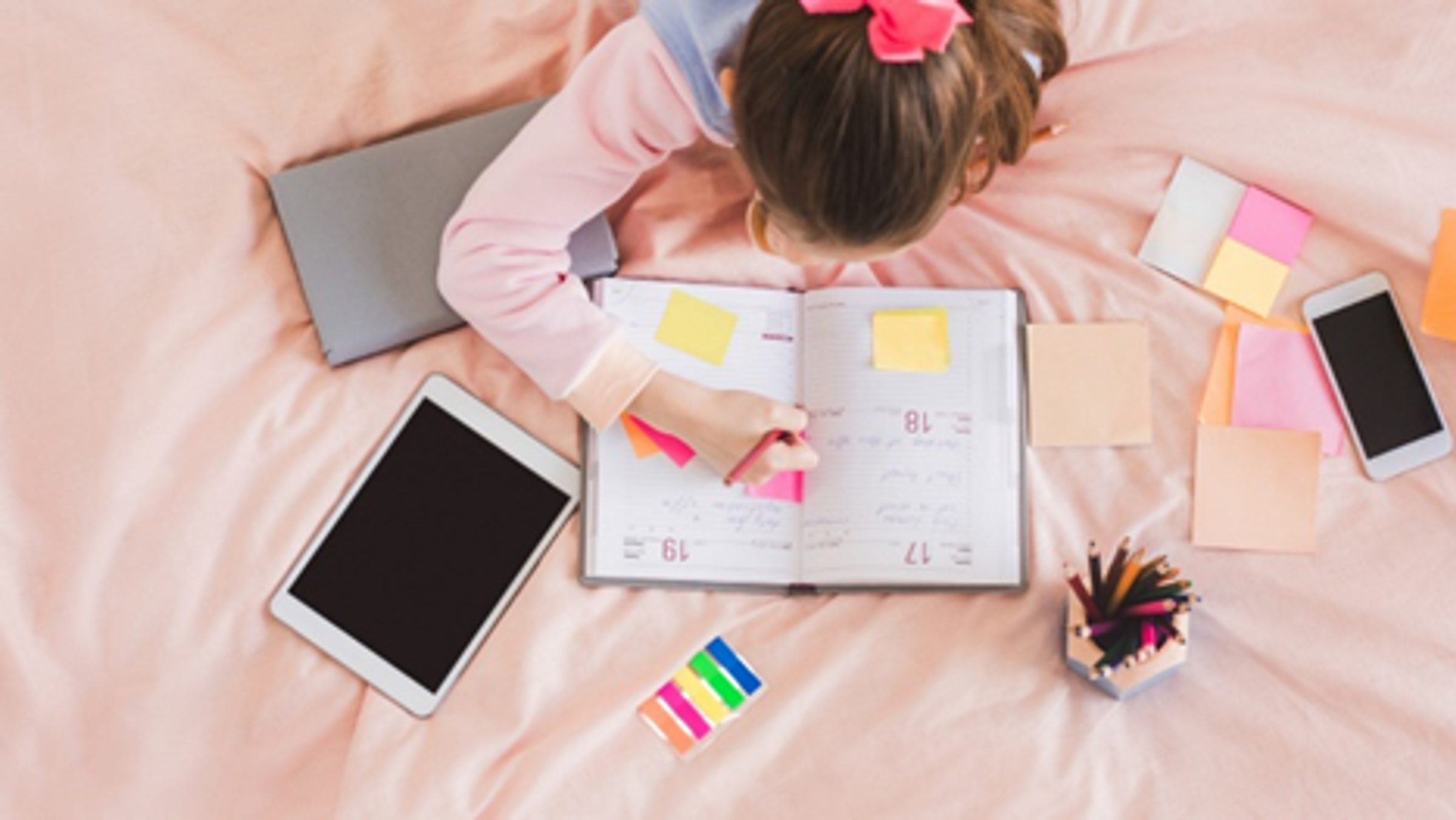
What helps us learn
Jenni Howard, Assistant Principal – Teaching & Learning
“When teachers differentiate instruction they move away from seeing themselves as keepers and dispensers of knowledge and move toward seeing themselves as collaborators with students and organisers of learning opportunities.”
Carol Ann Tomlinson
Throughout 2023 our focus is on implementing strategies to improve and support differentiated instruction within the classroom. Lesson plans and learning sequences are being reviewed by our teachers in their PLCs so that the learning experiences we offer, provide opportunity for growth as well as the right amount of challenge for our students.
Differentiation is one of ten instructional practices. Professor John Hatties High Impact Teaching Strategies (HITS) are internationally recognised as some of the most reliable teaching strategies for delivering learning outcomes.
So what helps students to learn?
Read John Hattie's article in The Conversation
Professional Learning Community Inquiry Cycles
In Semester 2 staff will be actively involved in Professional Learning Community Inquiry Cycles (PLCs). PLCs are an approach to school improvement where groups of teachers work collaboratively at the school level to improve student outcomes. The Maths staff will continue to focus on problem solving with their classes and then reflect on how they are actively developing a thinking classroom – find out more about this key initiative in the Maths News page in this newsletter.
Other Domain based PLCs will be involved in an inquiry cycle designed to foster greater consistency in relation to student assessment. Staff will be focusing on data sets to improve teacher judgements in relation to assessment practices. Benchmarking, cross marking and moderation practices will form the basis for this inquiry.
Read on to see the specific activities and learning initiatives that Learning Specialists and Domain Leaders are currently leading.
Jenni Howard - Assistant Principal Teaching & Learning
A large focus this year is refining our SEAL curriculum to ensure we have documented a guaranteed viable curriculum that provides students in our SEAL program with opportunities for extension, enrichment and acceleration.
Working with the excellent teaching staff on this has been really exciting. We are continuing to collaborate as we investigate text types that challenge students, deliver lessons that are highly engaging and encourage student agency, and create rigorous assessment tasks that require students to employ problem solving and higher order thinking skills.
In Term Two, we are pleased to be offering our MASTERCLASSES in English and Maths again for specific cohorts of students at our Bluff Road campus. These are run as an incursion, taught by our expert staff and are designed to provide enrichment and extension opportunities for students who are gifted in these areas. Students are invited to attend based upon three sets of data; ALT results from Term 1, other data such as PAT / NAPLAN results, and teacher recommendation from subject teachers and year level coordinators. The English Masterclass engages students in collaborative learning, extends existing literacy skills and fosters critical and creative thinking. In the Maths Masterclass, students' numeracy skills are consolidated and developed further, with a focus on problem solving and mathematical thinking. Information about these incursions will be communicated through Compass in Term 2.
Laura Washington - Learning Specialist for Gifted Education
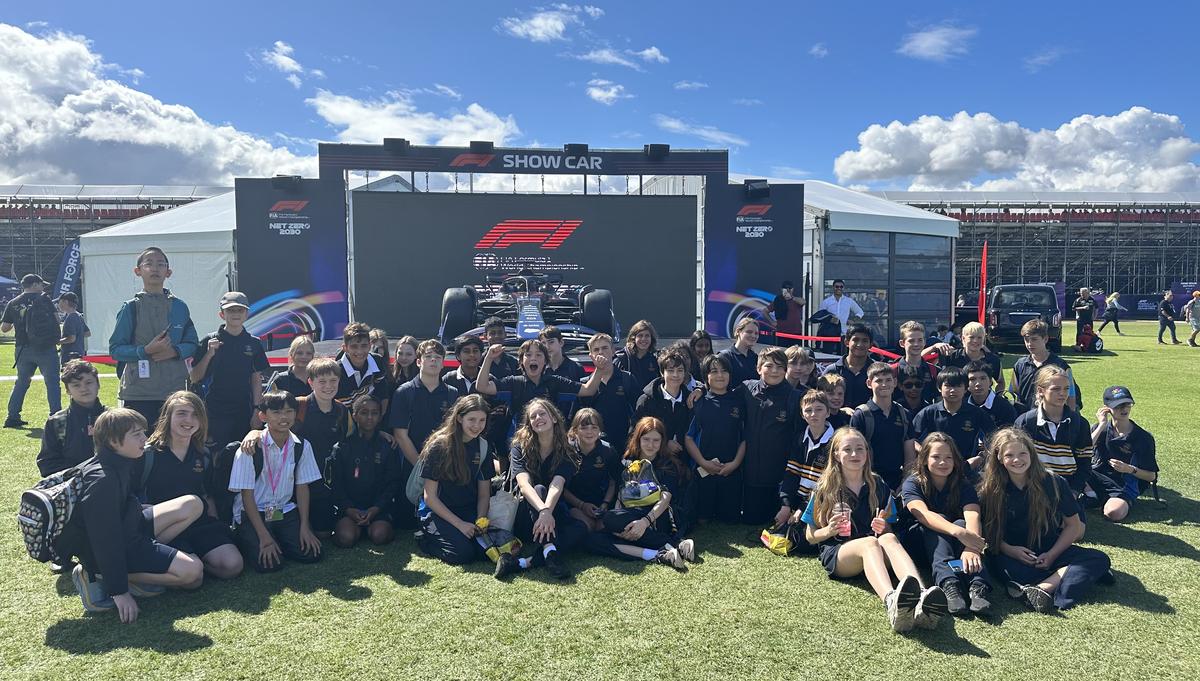

On Friday 31st March, SEAL students in Year 7 and 8 were invited to attend an excursion to the Grand Prix as part of an initiave with Quantum Victoria, a centre of excellence and innovation in STEM. Students were able to engage in the following activites:
Reaction Timer Competition
Rocket Launch
Quantum Rubes
3D Printer Demonstrations
The students also visited stalls and listened to talks, making links to concepts previously studied in the classroom, such as the topic of Forces. The Virtual reality activity station was a big hit.
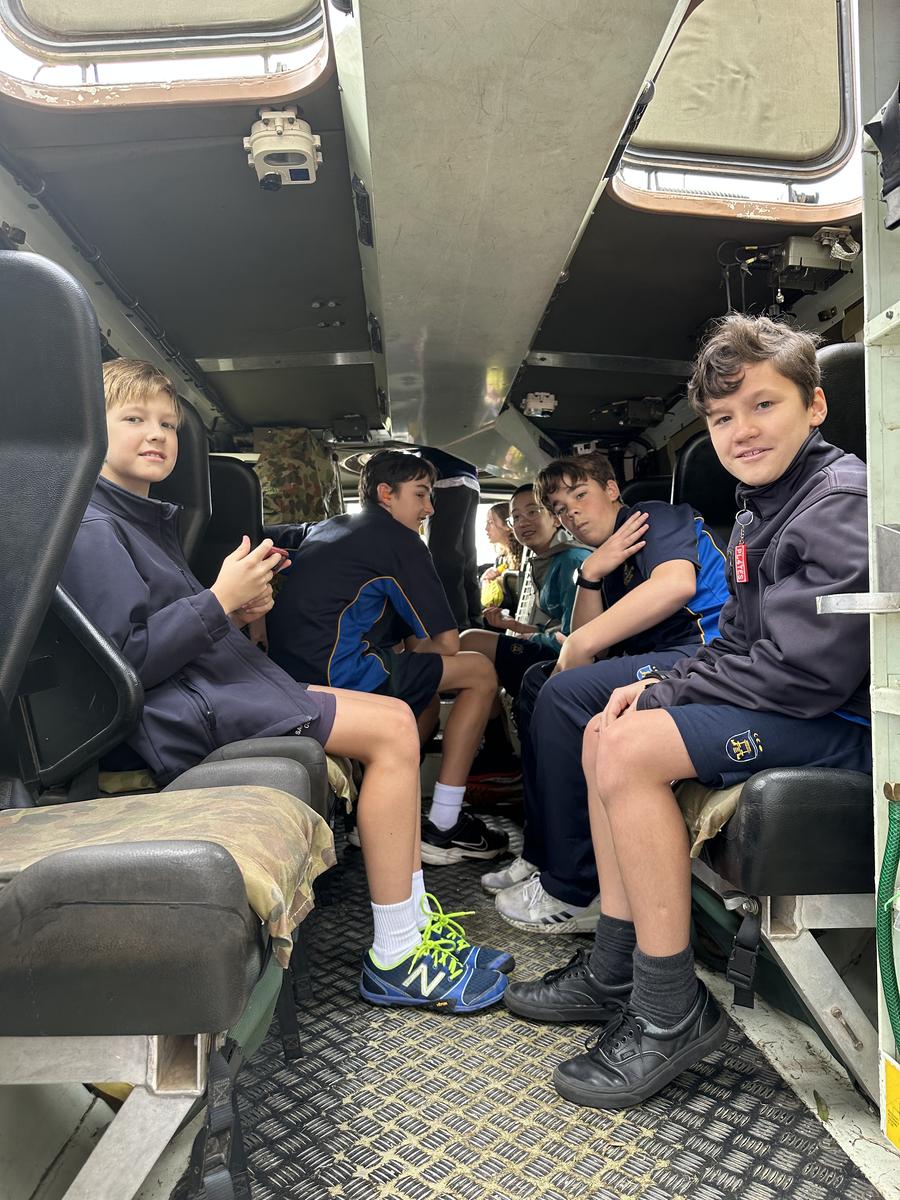
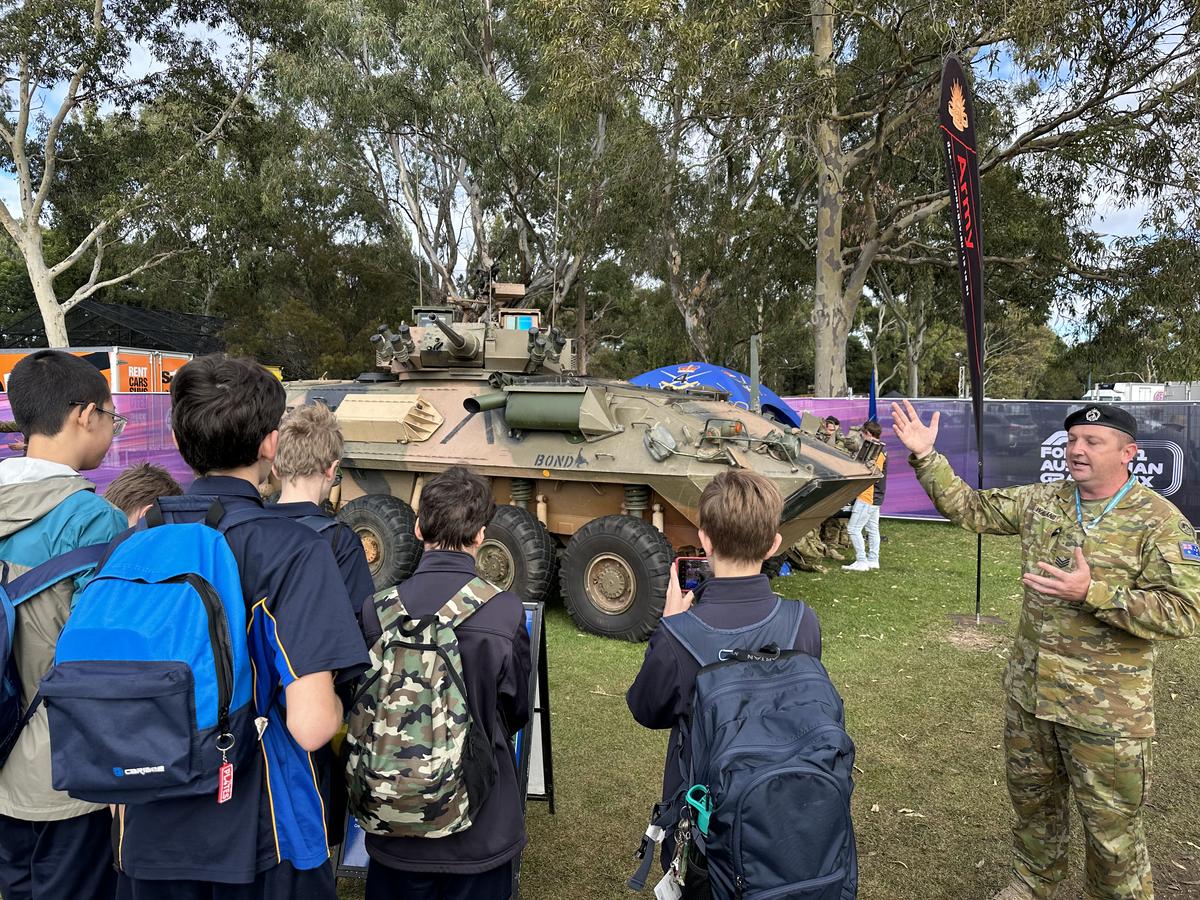

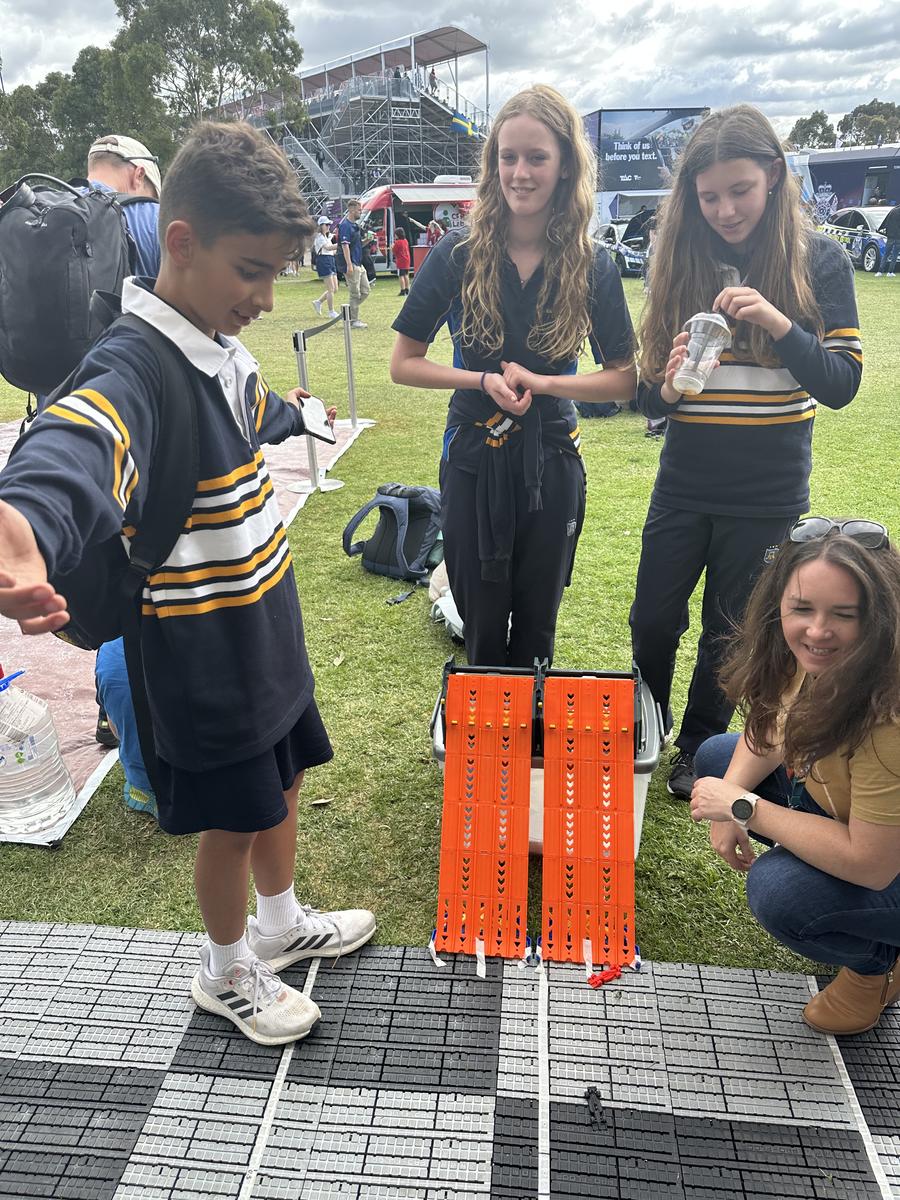




F1 Activity Booklets that aligned the experiences with key curriculum skills were produced by Domain Leader Marc Lewandowski and students will be working to complete these next term.
Many thanks to the fantastic teachers who attended this excursion, enabling the students to enrich their skills. These opportunities are so beneficial for gifted students to make connections between the scientific & mathematical thinking behind problems and real world applications.
Laura Washington - Learning Specialist for Gifted Education
Literacy
Reading Program
The College has dedicated time set aside to building the reading capabilities of students at Year 7 and Year 8. We focus on engaging students in reading with a combination of a range of text types, teacher suggestions and student choice, and engaging activities.
We have also gathered data on what, how and why students read. Some of the more interesting findings are below.


The majority of students read regularly at home, which is great news. As a College, we strongly encourage students to be reading for enjoyment at home. Much of the current research into student reading suggests that students gain a wider vocabulary and improve comprehension if they consistently read a range of texts that are suitably challenging. In order to encourage this type of reading, allowing students to choose what they read is important, as is establishing a culture of reading. This is the function of the Reading Program, and the more we as a community embrace this culture, the more our children will read.
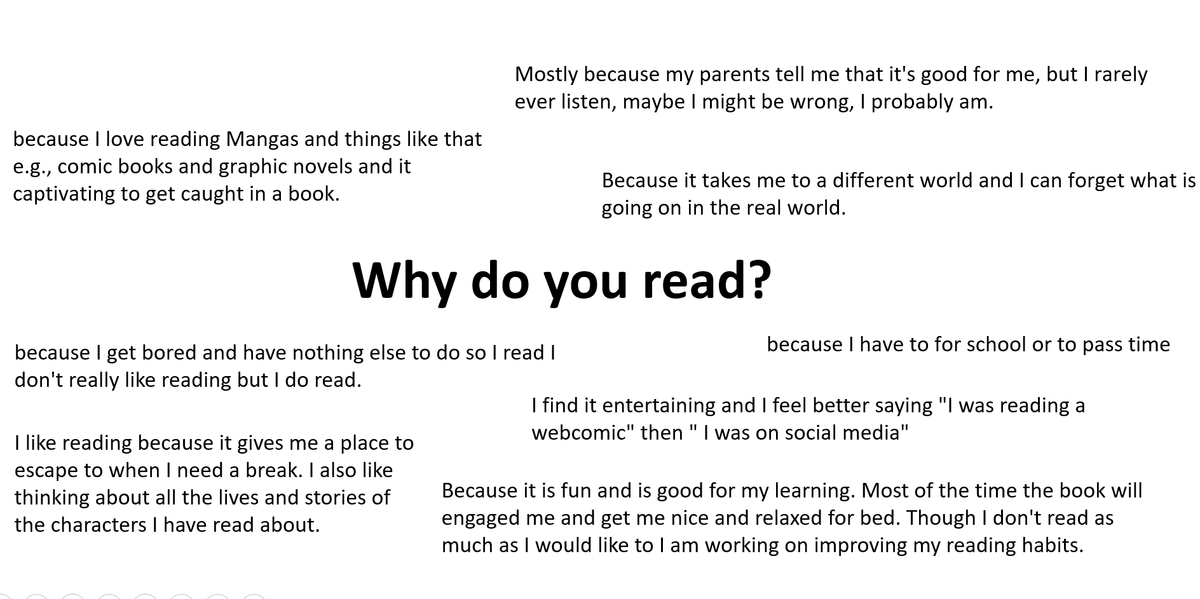

Here are some comments from students when asked “Why do you read?” As you can see, another result of the data we collected indicates that students enjoy the unique benefits that reading gives us. They also understand the importance of reading, even if they would prefer to do other activities.
Literacy in the Classroom
In addition to the Reading Program, keep an eye out for a video in Term 2 highlighting the effect a focus on Literacy can have on all subjects at the classroom level.
Denholm Pickering
Learning Specialist for Middle Years Literacy and Numeracy Support